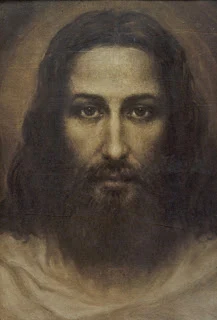The greatest challenge
facing the Muslim world, in their perception, is that there must be the
establishment of a single authority known as the Khilafat – where all
Muslims must unite under one leader. Once the Khilafat is established,
it would represent a sign of majesty and omnipotence of Islam, and on the other
hand, the Muslim nation would then deserve Divine guidance.
The intention to
establish a single Khilafat is a noble vision, but unfortunately Muslims
are not agreeing. This disagreement is based on who deserves the Khilafat,
considering that there have been so many divisions and groups (Jamaat)
in Islam. Thus, Islam is torn internally like this, and externally too, there
are cunning schemes and wickedness from others of different faiths and beliefs
who seek to eradicate Islam so their ideology may dominate the world.
Amidst the internal disagreement Muslims have faced, where the body of Islam was torn apart by conflicts, where the unity of Muslims disappeared, Allah found it necessary to send His own Khalifa (Caliph), whom He Himself elected and granted revelation in order to revive the teachings of Islam within global society.



